The Indian auto market has a bright future in spite of the unprecedented prolonged phase of recession being witnessed currently. This was the message that emerged in no uncertain terms from the deliberations of Auto Summit 2014, organized by FADA (Federation of Automobile Dealers Associations) on 7th & 8th February 2014 in Delhi.
Speaking as the chief guest at the inaugural session, Praful Patel, union minister of Heavy Industries & Public Enterprises said that due to the unexpected recessionary conditions prevailing for a long time, it might not be possible to achieve the targets contained in the Automotive Mission Plan (AMP) 2006-16 within the timeframe outlined. However, the government remained focused on the goal of increasing contribution of automotive industry to the GDP to 10 percent in the near future, as envisaged in the AMP. Adverting to the concerns voiced by FADA, the union minister pointed out that a mechanism for redressal of the concerns of automobile dealers was under the active consideration of his ministry.
Vikram Kirloskar, president, SIAM and vice chairman, Toyota Kirloskar Motor said that in view of the downturns encountered by the auto market at regular intervals, there was a need for a stepped up interaction between SIAM and FADA.
Venu Srinivasan, CMD, TVS Motor opined that the current difficult times the auto industry was passing through was symptomatic of deterioration in the economy that had set in five years back as a result of increasing subsidies, soaring inflation and an abnormally high level of fiscal deficit. Srinivasan exhorted automobile dealers to diversify through peripheral revenue streams, like used vehicle business, finance and insurance business and accessories. He stressed that the automobile dealership business model needed to change with a focus on used vehicles, service and spare parts. Illustrating the untapped potential in these areas, he pointed out that while these activities account for 26 percent of typical automobile dealership revenue in the USA, the corresponding figure in India was just eight percent.
Uday Kotak, executive vice chairman and managing director, Kotak Mahindra Bank, noted with satisfaction that macroeconomic environment was improving slowly but surely after the mayhem in July 2013 when the rupee had touched a new low of Rs. 69 to a dollar, with the current account deficit figures and inflation hovering at alarming levels at that point of time.
Albert Gallegos, director – International Affairs, National Automobile Dealers Association (NADA), USA talked about the relevance of franchise laws for imparting balance in the OEM-Dealer relations.
Presenting the major findings of the study, ‘Competitive Benchmarking of Passenger Vehicle Retail Practices of OEMs in India’ conducted by Frost & Sullivan on behalf of FADA, V G Ramakrishnan, managing director, F&S said that while the sales margins need to be increased in tune with the cost of dealership operations and international norms, margins alone cannot make a dealership viable. In addition to other factors, how much of the margin is retained by the dealer is what determines the viability or profitability of a dealership.
The key findings and recommendations for OEMs include interest free credit support for procurement of new vehicles for sales (30 days), increase vehicle sales margins and policy for first right of rejection to existing dealers while OEMs plan to expand. In addition increasing labour rates, policy to support credit of obsolete parts and OEMs to support exit through an enabling policy were also urged.
The key takeaways for the automobile dealers are to collectively contain discounting practice to increase dealer viability, play a key role in supporting exiting channel partners, promote higher involvement of dealer principals in business management, promote and implement best practices in dealer operations and co-work with OEMs to support long-term sustainable growth.
Responding to the findings, Mohit Arora, executive director, J D Power Associates South Asia Pacific, pointed out that J D Power’s study reveals the three major factors leading to dealer satisfaction such as manufacturer’s in dealership operations, marketing support by the manufacturers and inter-personal relations and business viability.
Participating in the discussion, Ranjit Yadav, president, PVBU, Tata Motors, alluding to the paradigm shift in automotive business, emphasised the need for change in business model of automobile dealerships.
In a spiritual and motivation session Mahatria Ra highlighted the seven common traits of great individuals namely passion for excellence, strong communication, heterogeneous relations, enthusiasm and energy, faith, value-based decision making and methodology to differentiate.
Earlier, Vinay Nevatia, chairman, Auto Summit 2014, said the theme ‘Auto Retail – Survival Mantra,’ appropriately mirrored the current state of affairs and mood of the auto market, where automobile dealers were finding it extremely difficult to stay viable and survive, necessitating the need for out-of-the-box thinking and a new survival mantra.
Mohan Himatsingka, president – FADA, in his welcome address suggested there should be a nodal ministry within the central government to address the concerns and issues of auto retail. He also highlighted some of the major issues of concern, including high level of road tax and variation across states, non-uniformity in registration procedures, grey areas in service tax and absence of provision for automobile dealerships in land use and planning, which was not only giving rise to unhealthy practices but also impeding the growth of the auto market.
The two-day programme of Auto Summit 2014 comprised a special plenary session, three business sessions, interactive session with vehicle manufacturers and six workshops. The workshops focused on improving efficiency, productivity and profitability of automobile dealerships through improvement in HR practices, manpower training and employee satisfaction, technology and processes, use of social media and the internet, plugging leakages and diversification.
Auto Summit 2014 was a momentous occasion as it coincided with the golden jubilee of FADA. The apex body of automotive dealerships conferred ‘Life Time Contribution Award’ on two icons of the Indian auto industry – Dr Brijmohan Lall Munjal and Mr Ratan Tata (in absentia) for their phenomenal contribution to the growth and development of the auto industry in India.
Past presidents of FADA, Arun Sanghi and Rakesh Jain, were also honoured on the occasion with Life Time Achievement Awards for their pioneering role in promoting the growth and development of auto retail in India and FADA.


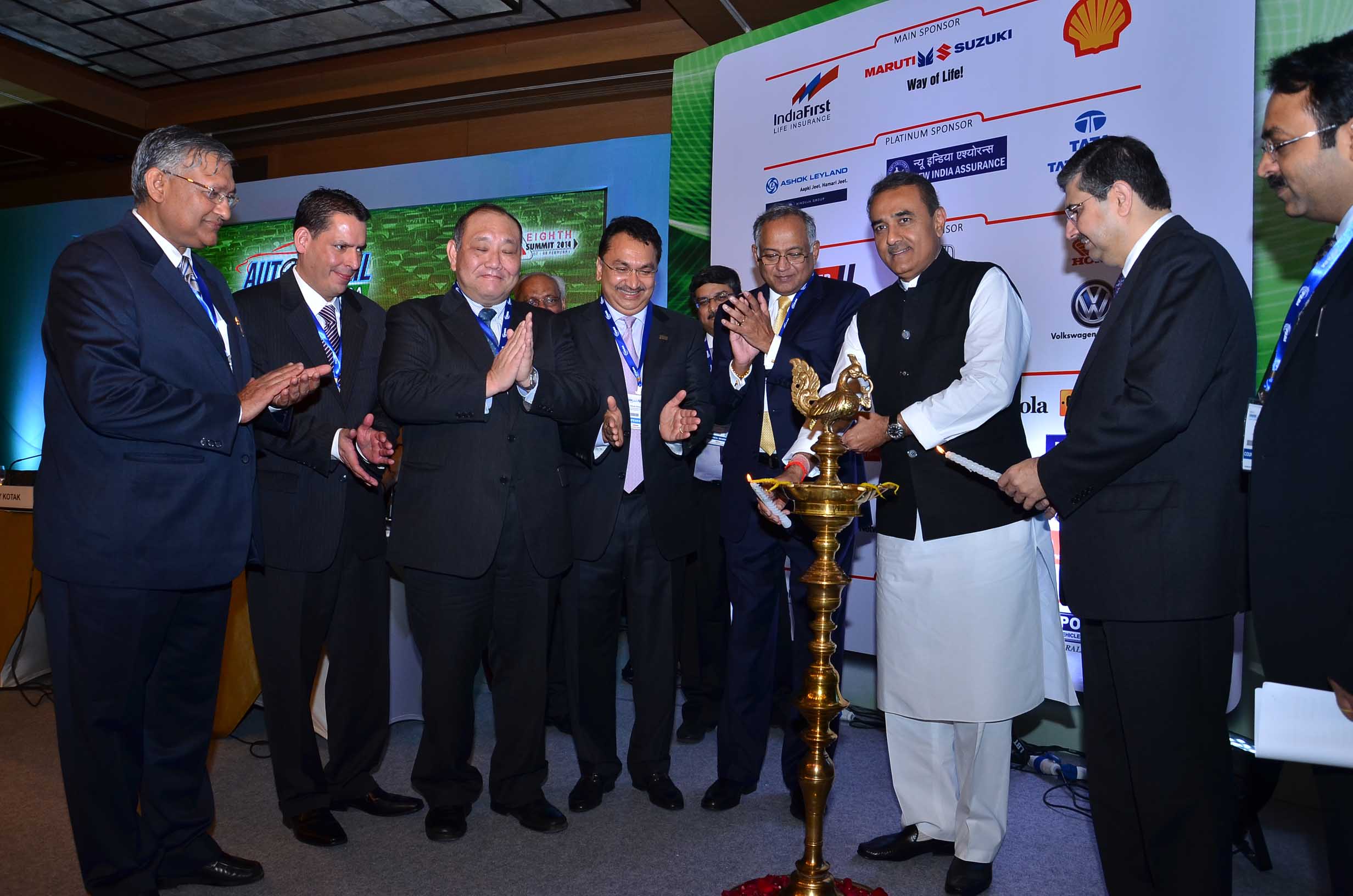

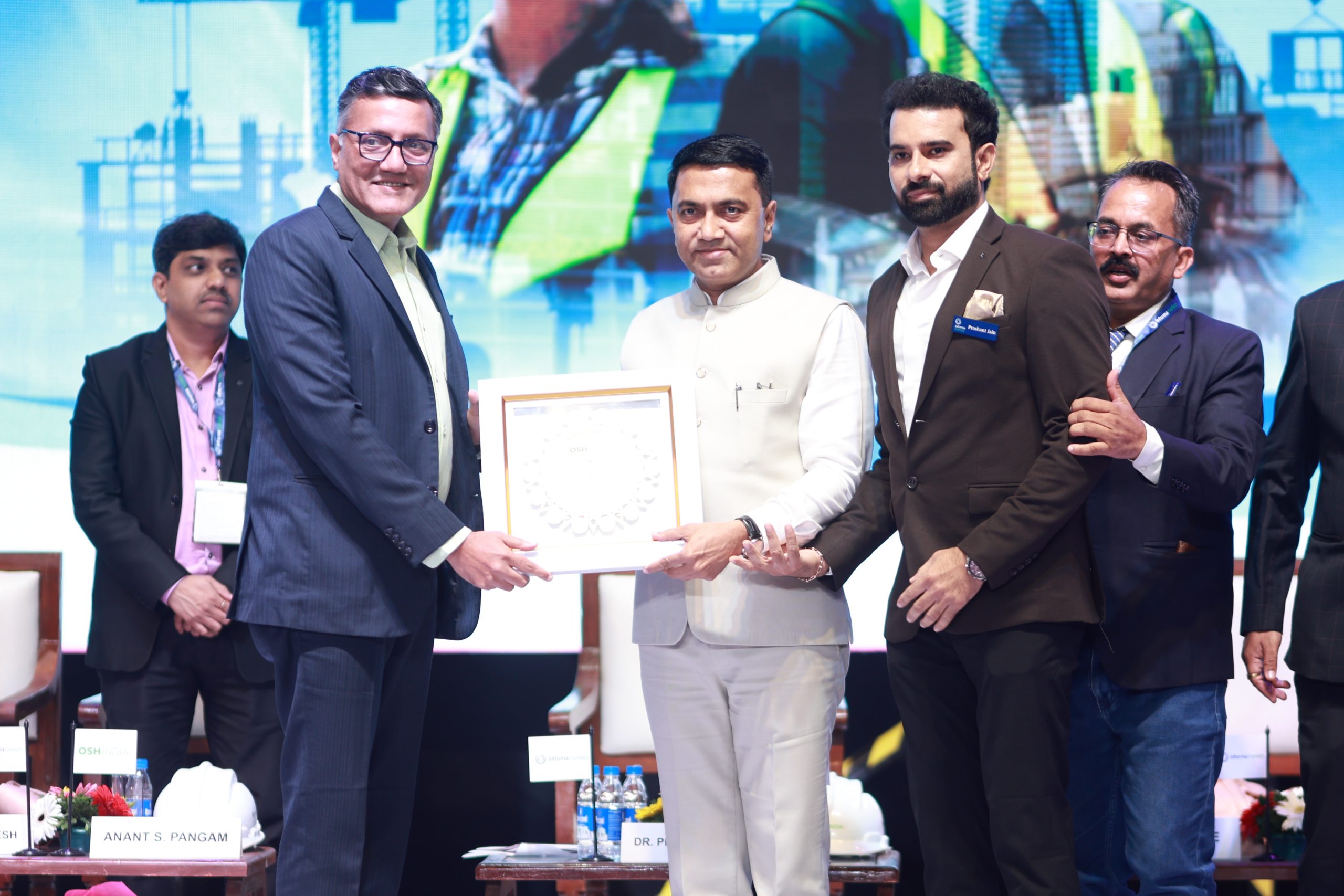

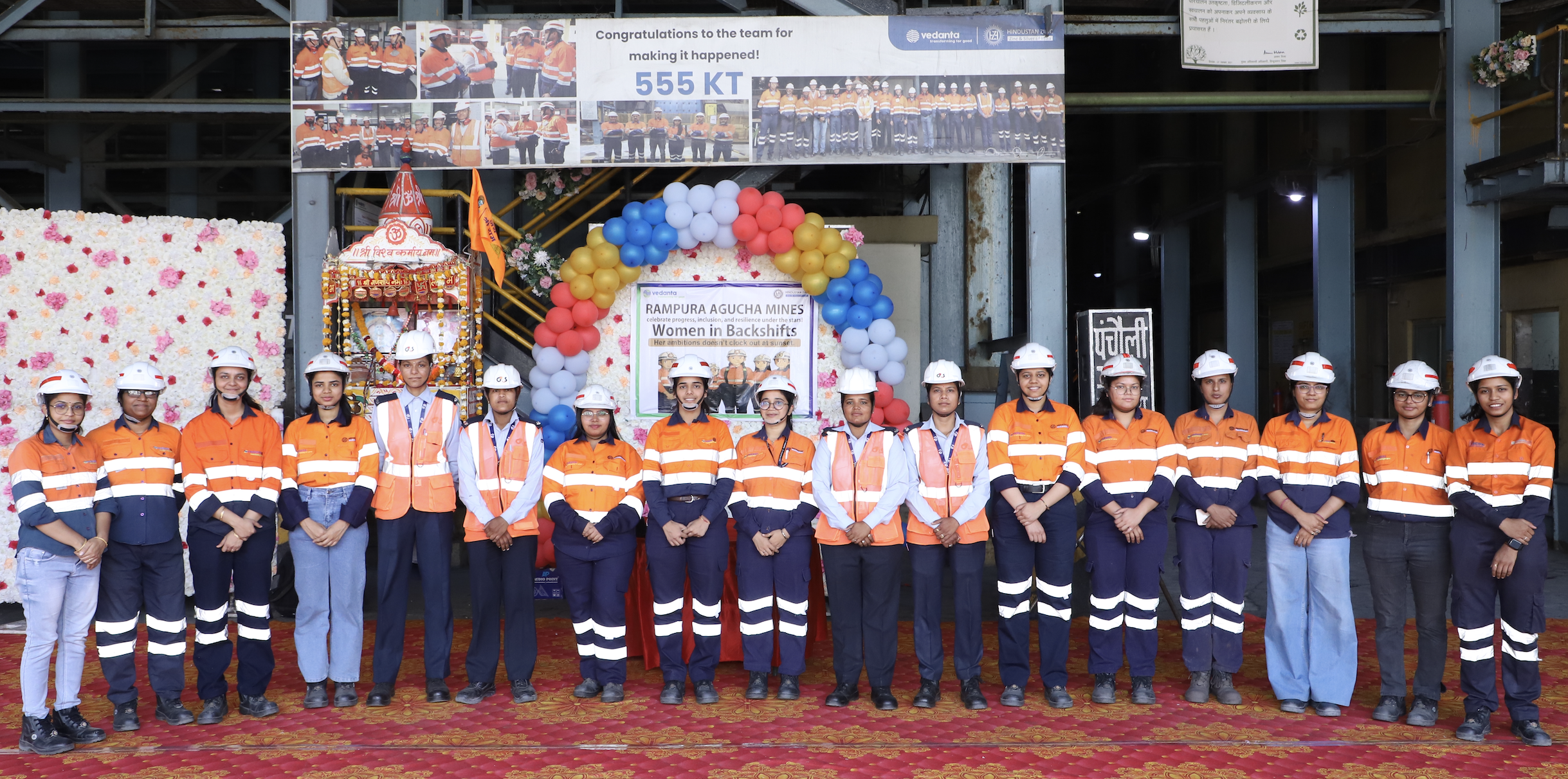
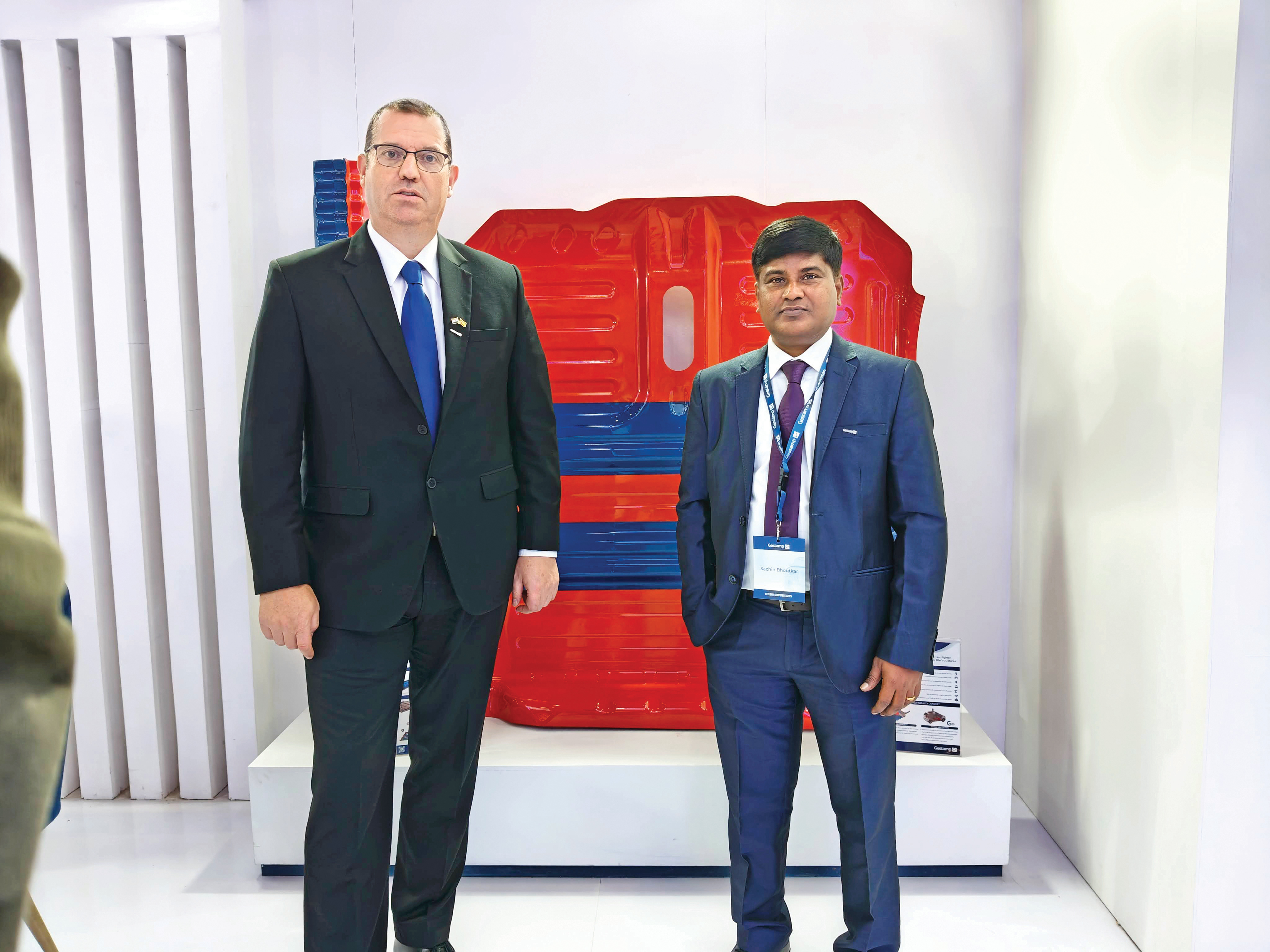
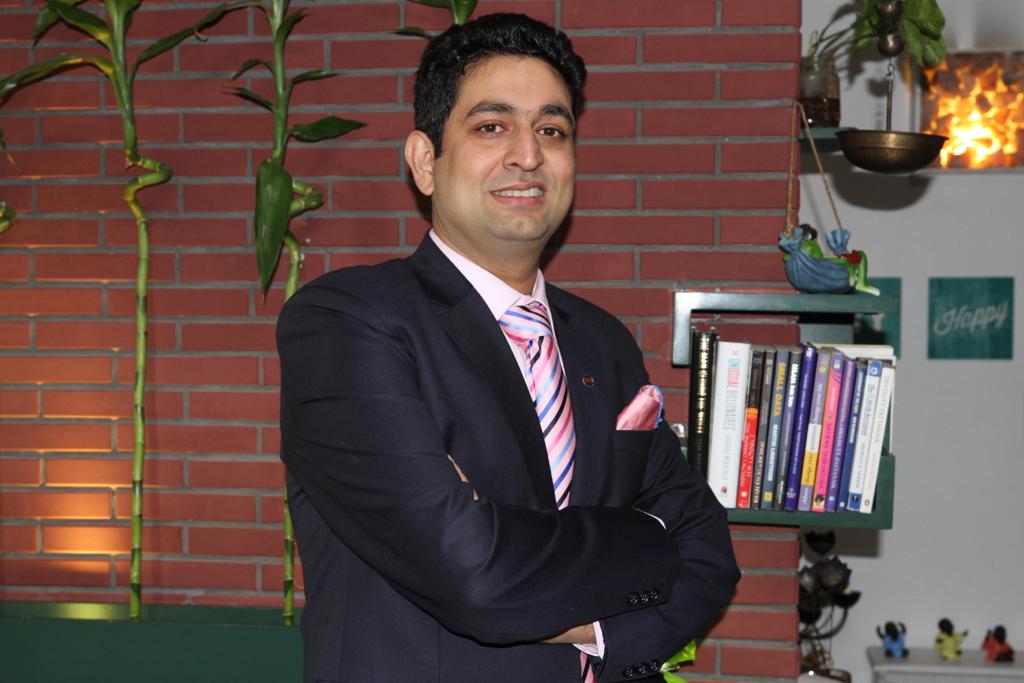

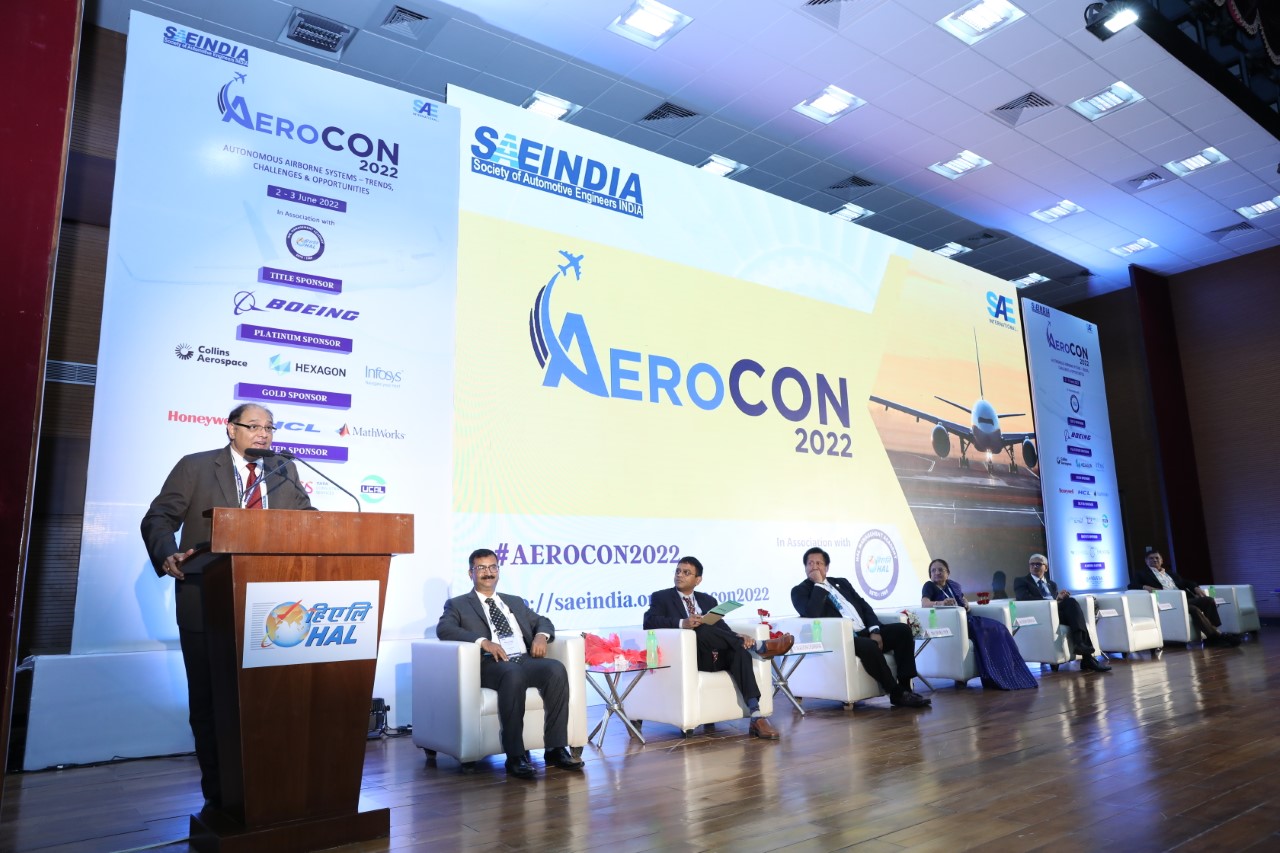





Leave a Reply